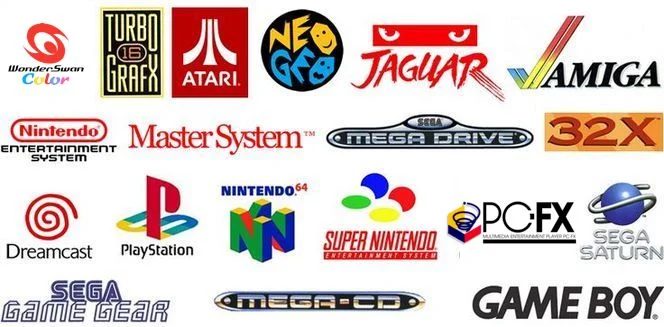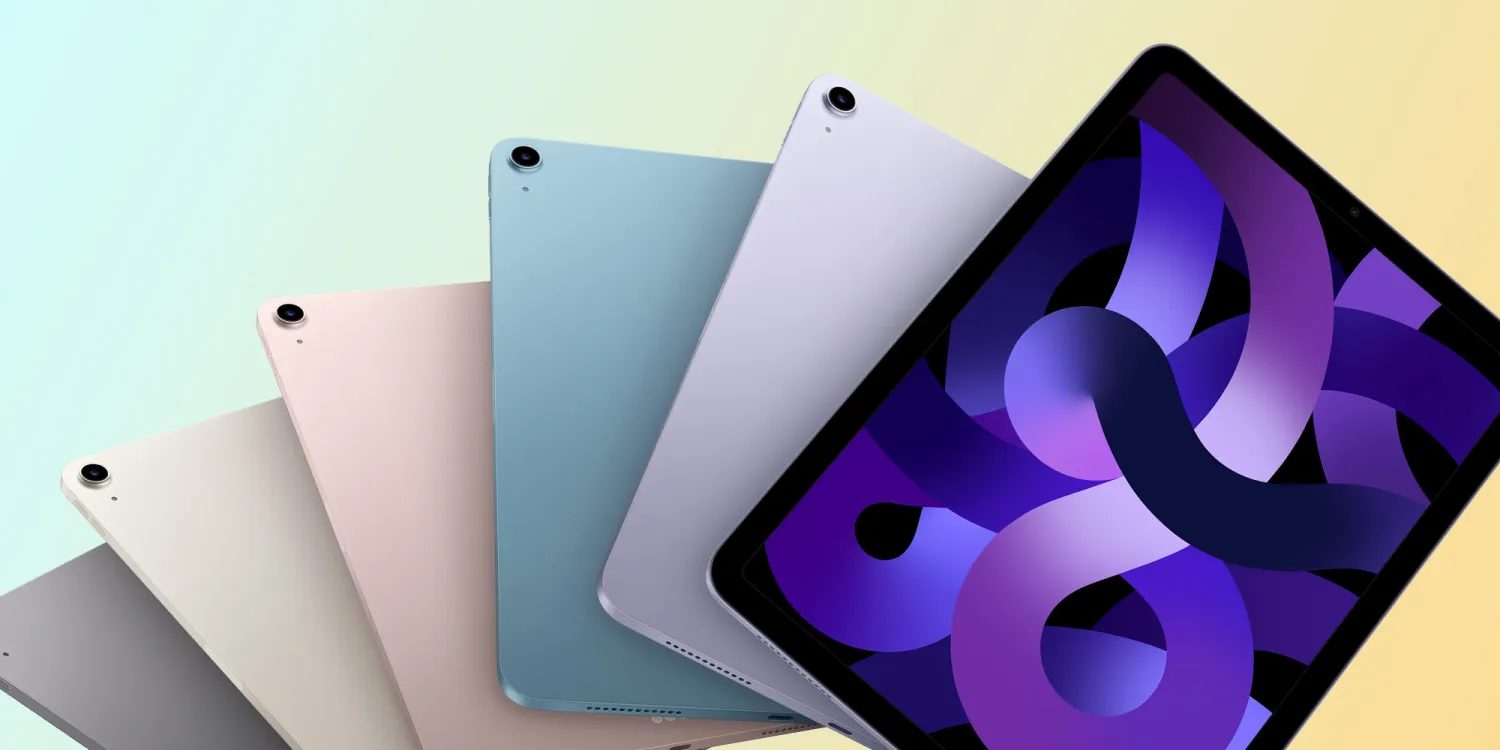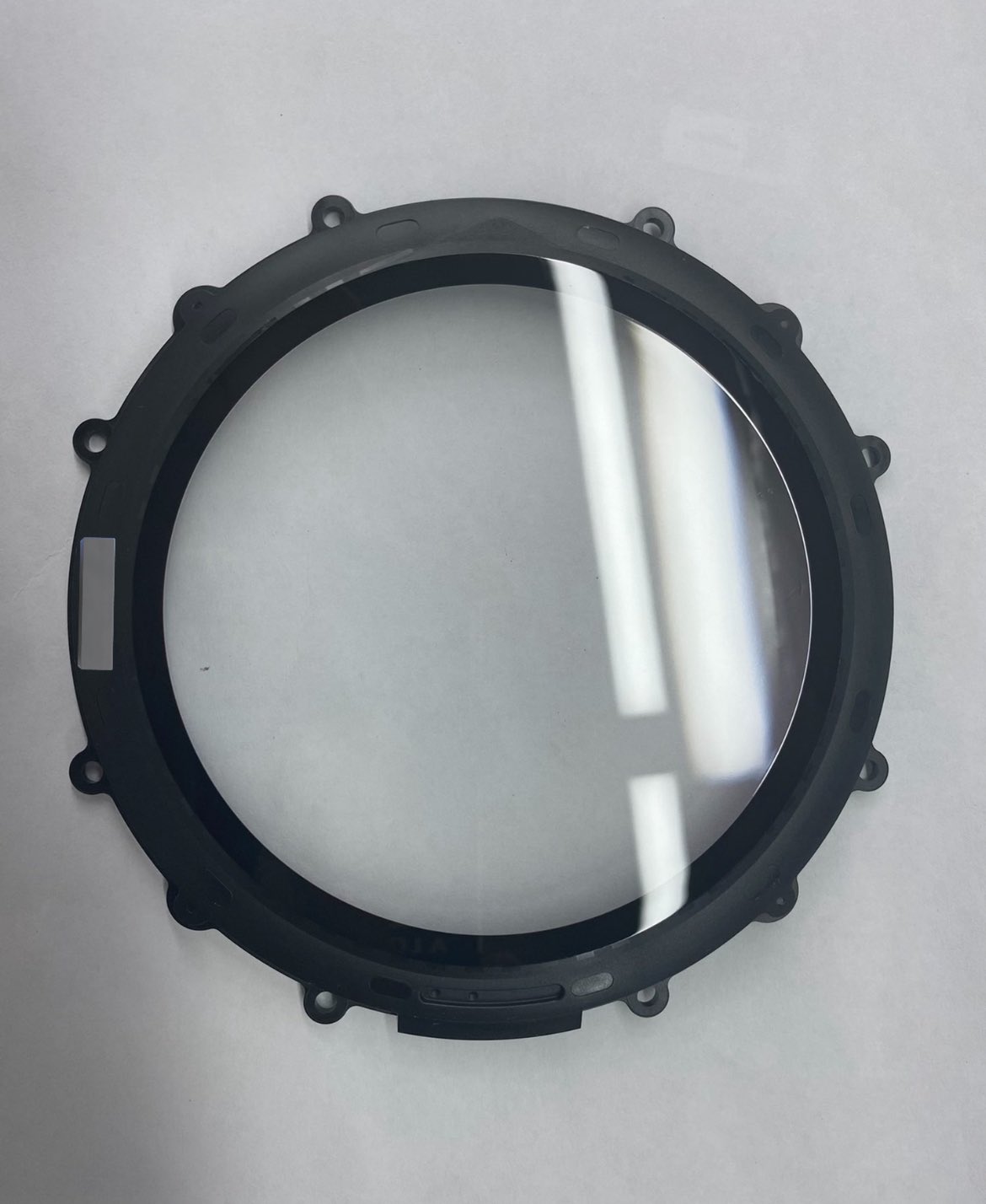
How Apple’s Ambitious Targets Pushed GT Advanced into Bankruptcy
Apple can make or break a supplier: Being part of the iPhone maker’s supply chain adds value to the company, because Apple is known for its high expectations in terms of product quality. Dealing with a complex supply chain isn’t easy, so to succeed, Apple needs to follow a well-defined path, which suppliers are aware of. A deal with Apple can double your revenue, but if you get things wrong, you are screwed (via The Guardian).

This might be the case with Apple’s failed sapphire supplier, GT Advanced. From a little-known company that made solar power systems in New Hampshire, it became a well-known company, making headlines throughout the year as it brokered a deal with Apple to become its sapphire supplier.
Since Apple wanted sapphire screens, and at scale, it contracted GT Advanced. As a result, the latter expected its revenue to double: Its projected forecast was that sapphire would account for 80% of the year’s total revenue. This meant roughly 200 million sapphire phone screens, an ambitious target that included the making of 262 kg cylindrical “boules”‘ of pure sapphire, twice as large as it had made before, in four times as many furnaces, operating at full capacity within seven months of signing the contract. This was an exclusive, seven-year deal.
When signing the contract, GT Advanced’s CEO accepted the terms, which “crushed” the company: it was selling the sapphire at loss and faced fines for letting other companies use the furnaces, etc., as detailed by GTA’s COO, Daniel Squiller.
The end of the story is sad, as you may already know: GT Advanced chose bankruptcy to release itself from the Apple deal. What’s noteworthy, though, is that the Guardian asked other Apple suppliers if they take loans from Apple, or if onerous terms are unique to Apple:
“The leading handset manufacturers all have strong pricing power vis-a-vis their suppliers, but that is universal across most industries,” its executive said. “As a supplier, one needs to find a USP [unique selling point] that the customer values enough to pay for it.”
And would they take a loan from Apple? Are they offered on better or worse terms than a bank’s? “We have good cash flow and a robust balance sheet so do not have need of loans from any customers,” the executive replies, cautiously.
In the end, we can consider this a failed implementation of the technology of the future. But as a recent patent shows, Apple is working hard to make it a reality.

